Gilead Sciences presented real-world results from the Bictegravir Single Tablet Regimen (BICSTaR) study, which showed that the company’s HIV drug Biktarvy (bictegravir 50mg/emtricitabine 200 mg/tenofovir alafenamide 25 mg tablets, B/F/TAF) is well tolerated and has a strong, durable efficacy and safety profile, regardless of prior treatment and comorbidity status in individuals with HIV.
There is a high baseline prevalence of comorbidities among the HIV patients enrolled in the BICSTaR study, which is a multinational, observational single-arm, non-comparative real-world cohort study.
Additionally, the company revealed the latest five-year data from two Phase III studies (Study 1489 and Study 1490) at the 30th International Congress on Drug Therapy in HIV Infection (HIV Glasgow 2022) showing the long-term safety and efficacy profile of Biktarvy in those who switch from a dolutegravir-containing regimen.
The US Food and Drug Administration (FDA) approved a label change for Biktarvy on October 14, 2022, updating the prescribing information to include clinical trial efficacy data from 144 weeks and safety data from 240 weeks in adults with HIV who began the treatment in Study 1489 and Study 1490.
Related: Sunlenca, Gilead’s Long-Acting HIV Treatment, Secures Authorization in the EU
“Gilead’s ongoing, person-centered research is focused on the evolving needs and preferences of people living with HIV. These latest data presented at HIV Glasgow 2022 demonstrate the clinical use of innovative medicines like Biktarvy to help a broad range of people with HIV, regardless of their burden of comorbidities,” said Jared Baeten, MD, PhD, Vice President, HIV Clinical Development, Gilead Sciences.
The 24-month BICSTaR follow-up analysis evaluated the effectiveness and safety of Biktarvy in clinical practice across nine countries (including follow-up during the COVID-19 pandemic). It took into account age, race, sex, adherence and late diagnosis in the population group. Results showed that participants who initiated treatment with Biktarvy experienced high viral suppression, with 97 percent of treatment-naïve and 95 percent of treatment-experienced participants reaching viral suppression at 24 months.
Data from Study 1489 and Study 1490 showed Biktarvy to have high efficacy and sustained safety for people that switched to the treatment. There was also a continued high barrier to resistance. The analysis was conducted for participants 96 weeks after they had changed over to open-label Biktarvy following 144 weeks of blinded dolutegravir and two other nucleoside reverse transcriptase inhibitors (NRTI). At Week 240, more than 99 percent of participants in both studies achieved viral suppression. The data also showed that Biktarvy could offer sustained viral suppression in HIV patients as the efficacy remained greater than 96 percent through to 240 weeks even after the treatment regimen switch.
Biktarvy was generally well tolerated as just 0.4 percent of ‘switch’ participants in both studies experienced an adverse event (AE) that led to drug discontinuation in the open-label extension period. Additionally, there were no reports of treatment-emergent resistance and overall treatment discontinuations were low at 14 percent, with seven percent discontinuing Biktarvy due to drug-related AEs (DRAEs).
Biktarvy is a single-tablet antiretroviral treatment taken once daily that received approvals in the US and EU in 2018. It is a combination treatment containing three different medications: bictegravir 50 mg, emtricitabine 200 mg and tenofovir alafenamide 25 mg. Together, the three form the smallest three-drug, integrase strand transfer inhibitor (INSTI)-based single-tablet regimen (STR) available with a limited drug interaction potential and a high barrier to resistance, according to Gilead. Given that it is a complete STR, Biktarvy should not be taken with other HIV medicines.
Gilead continues its reign in the HIV drug space. The company’s HIV drugs Truvada, Atripla and Stribild (also marketed as Genvoya) were the top three best-selling HIV drugs on the market since 2018 and through to 2021.
Merck is a close competitor and the two companies announced last year that they were teaming up to pair Gilead’s investigational capsid inhibitor, lenacapavir, and Merck’s investigational nucleoside reverse transcriptase translocation inhibitor, islatravir, in a two-drug combination therapy. Last month, the companies initiated a Phase III clinical program for evaluation of the treatment regimen, but with a lower dose of islatravir after the FDA had placed clinical holds on Merck’s investigational new drug applications (INDs) for the oral and injectable formulations of the drug due to safety concerns. Merck discontinued all Phase II studies evaluating islatravir, both as a monotherapy and in combination with the Gilead drug, at all doses in 2021. Last month, the FDA gave Merck the go-ahead to resume testing of the drug at a lower dose.
The HIV drug market is expected to grow from $30.46 billion in 2021 to $45.58 billion in 2028 at a compound annual growth rate (CAGR) of 5.9 percent.
Gilead reported that Biktarvy sales increased 28 percent year-over-year in the second quarter of 2022, primarily due to higher demand and channel mix, according to the company.

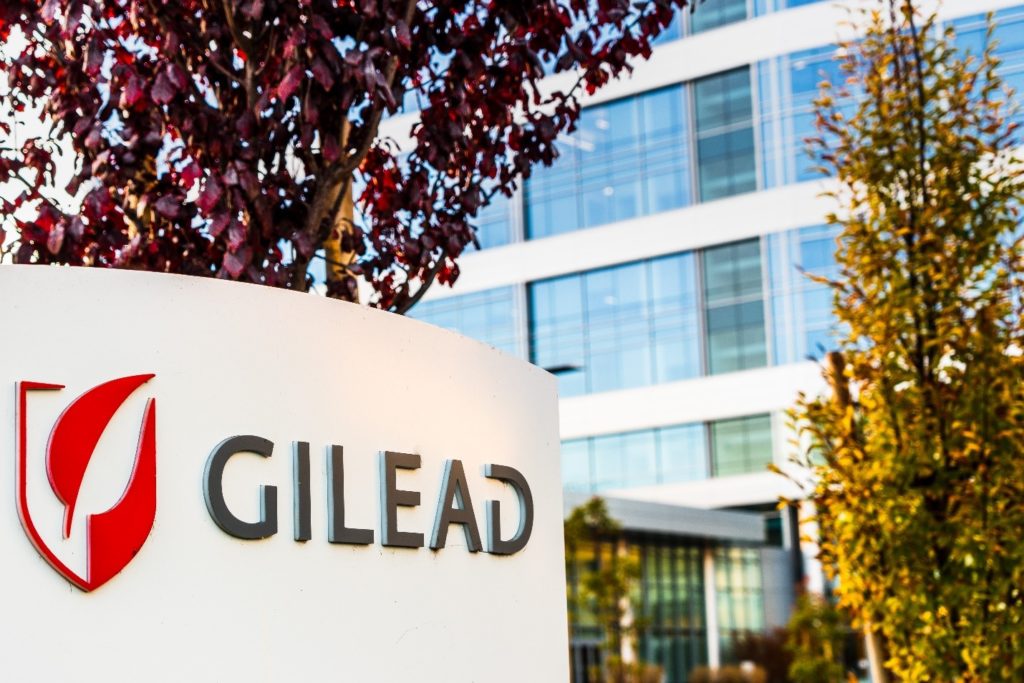
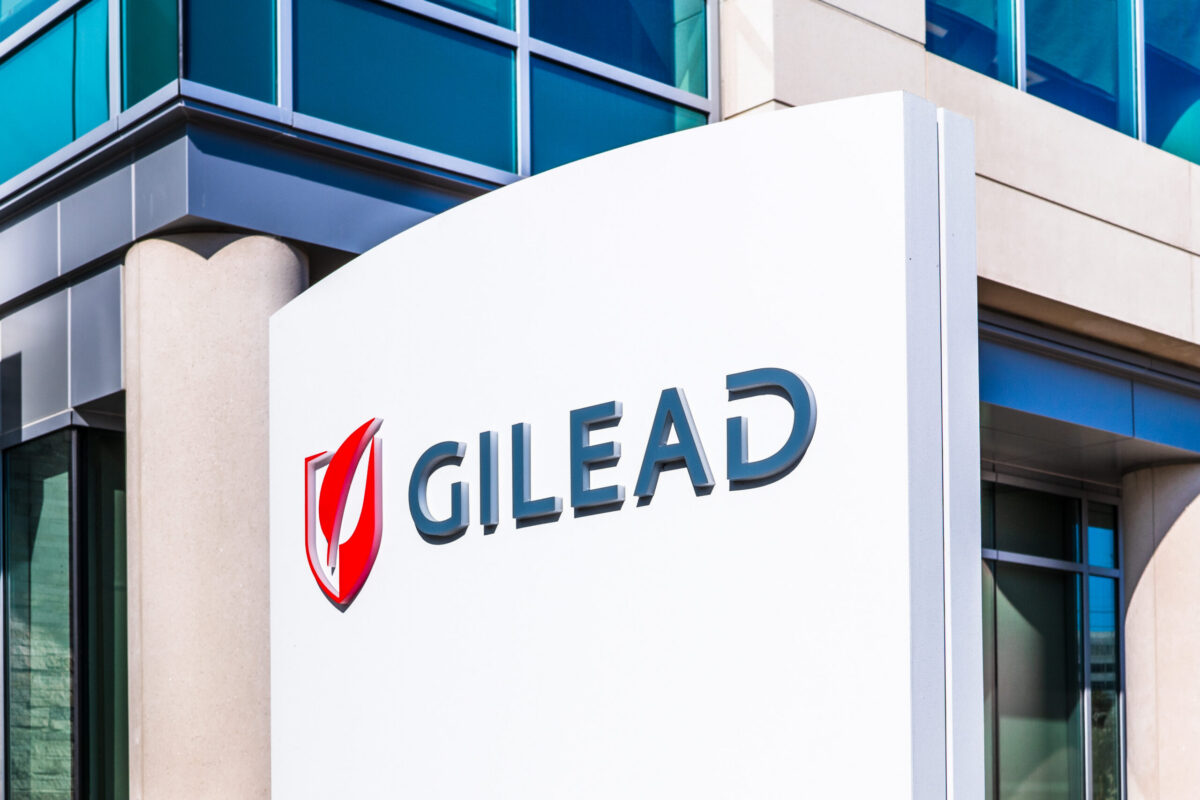
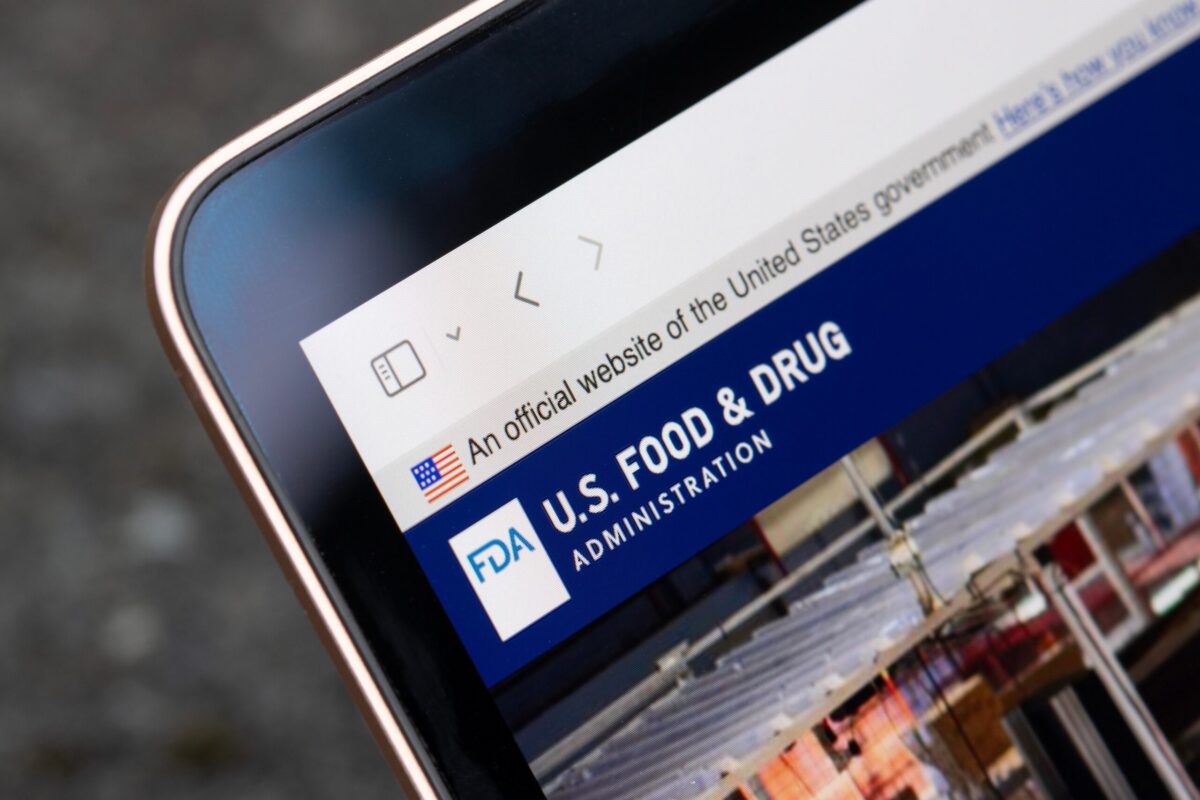
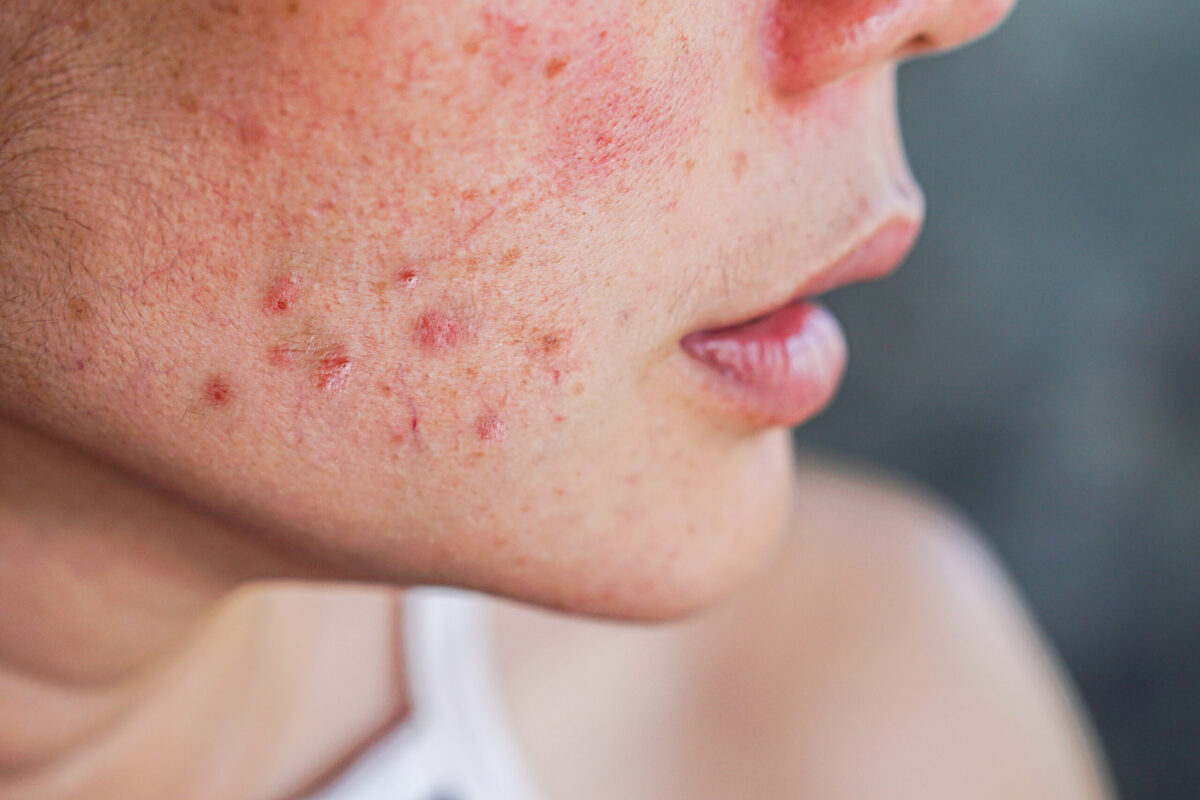
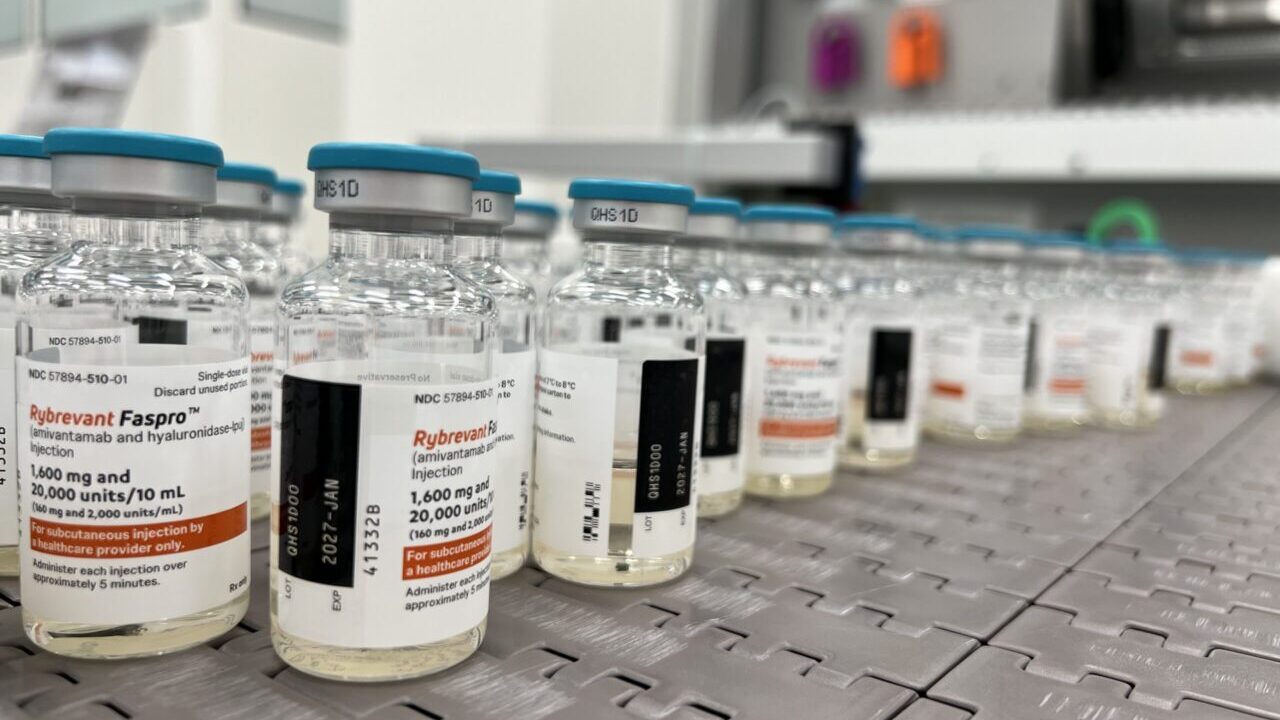






Join or login to leave a comment
JOIN LOGIN